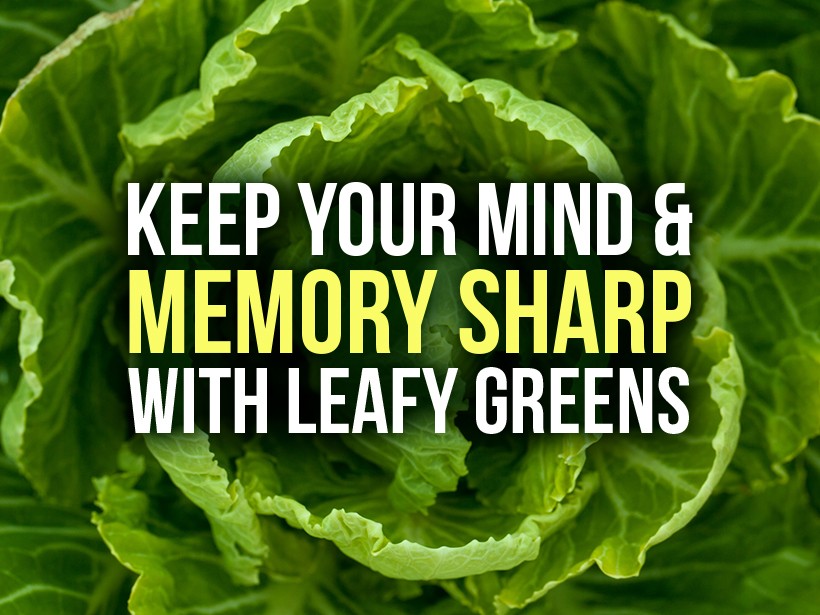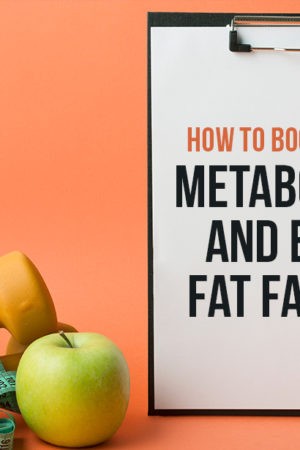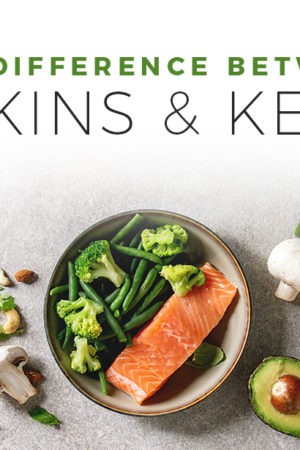We’ve all heard that it’s essential we eat well to age well, but science now shows there is a direct correlation between heart-healthy diets and brain health. A recent study published in Neurology1 shows that aging seniors who enjoy daily servings of dark, leafy green vegetables exhibited a slower rate of cognitive decline than those who ate fewer greens.
Exploring the Study
The study followed 960 participants of the Memory and Aging Project2, of which the average age is 81, and no subjects have dementia. Throughout the year, participants of the study underwent a series of tests to track the viability of their memory. All the while scientists continued to monitor their eating and lifestyle habits.
Subjects were assigned to one of five groups depending on the number of greens consumed. Those who ate the most greens comprised the top percentile and, on average, consumed about 1.3 servings per day. Those on the bottom percentile of the study admitted they consumed few to no greens at all. Martha Clare Morris, author of the study says, “The association is quite strong. The rate of decline for those in the top quintile was about half the decline rate in the lowest quintile.”
Nutrient-Dense Foods Play a Powerful Role
It should be noted, Morris says, that studies like this can only show an association between a green diet and brain healthy – not an actual cause and effect. This is because many factors play into a healthy aging process including lifestyle, education, exercise, and overall activity. She says “we saw this association between greens and a slower rate of cognitive decline over and above accounting for all those factors.”
But what is it about these dark, leafy greens that our bodies need so much? These vegetables pack a powerful punch of nutrients and minerals ranging from vitamins E and K to lutein, beta-carotene, folate, and more. By consuming these nutrient-dense foods, your body gets a punch of minerals all at once, and that can have a lasting impact on your body–and your mind.
It’s Easy to Fulfill Your Body’s Needs
So, the key is to eat more leafy greens regardless of your current diet plan. Curious where to begin? Start simple. Candace Bishop, one of the study’s participants says, “My goal every day is to have a big salad. I get those bags of dark, leafy salad mixes.” Whether a keto diet is your jam, or you’re just dipping your toes into the low-carb waters, it’s easy to get what your body needs. Your mind will thank you in the long run.
NUTRITIONAL DISCLAIMER
The content on this website should not be taken as medical advice and you should ALWAYS consult with your doctor before starting any diet or exercise program. We provide nutritional data for our recipes as a courtesy to our readers. We use Total Keto Diet app software to calculate the nutrition and we remove fiber and sugar alcohols, like erythritol, from the total carbohydrate count to get to the net carb count, as they do not affect your blood glucose levels. You should independently calculate nutritional information on your own and not rely on our data. The website or content herein is not intended to cure, prevent, diagnose or treat any disease. This website shall not be liable for adverse reactions or any other outcome resulting from the use of recipes or recommendations on the Website or actions you take as a result. Any action you take is strictly at your own risk.
- Jacob’s Meat Market Joins the Keto Craze - February 12, 2019
- Doing the Low-Carb Lifestyle the Right Way - January 31, 2019
- How to Boost Your Metabolism and Burn Fat Faster - January 3, 2019































